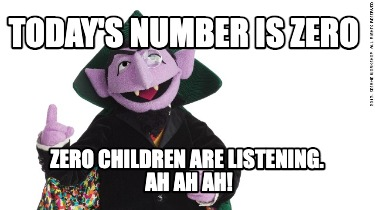If your school year has gone at all like mine has, you might be feeling like this:
1. Eye Contact
This is probably the most basic thing you can do to connect with your students. Making direct eye contact reminds them that you are paying attention to them and encourages them to do the same.
2. Proximity
The next thing to try is just to walk around your room and stand near the students who aren't paying attention. Sometimes they just need a subtle reminder that you're nearby and that they should focus. Moving around the room also makes it easy to have a quick check-in with a student who may need more support.
3. Student Helpers
Children LOVE having jobs to do in the classroom! It could be something as simple as turning the lights on or coming up to point on the board. Any time you can enlist a child's help in the lesson you strengthen your bond with that child, which will in turn help keep them engaged.
4. Wait Time
Sometimes the best thing to do when kids are talking is to wait it out. Talking over students sets the precedent that it's ok to talk while the teacher's talking. One word of warning, though: make sure that your students are aware that you're waiting. Otherwise they might not even realize that the lesson has stopped because they were off topic. I sometimes will say, "raise your hand if you hear someone next to you talking" and that usually gets the room quiet.
5. Change up the Activity
You should consider that there might be a problem with the pacing or format of your lesson. Remember that children's attention spans are pretty short and getting shorter. When in doubt, get up and dance or have a stretch break!
6. Private Conversation
If you do need to redirect a student multiple times, I suggest pulling them aside and talking to them privately about their behavior. Doing so in front of the whole class is not only dehumanizing for the student but has the potential to create a power struggle if they don't comply with your instructions. Talk to them personally. Try to figure out where the unwanted behavior is coming from and ask them how you can help them succeed.
7. Involve All Stakeholders
If you continue to struggle to connect with an individual student, don't be afraid to get others involved who may already have a strong relationship with them. Keep in mind that it's not always going to be a family member. You can also (within reason) reach out to another trusted adult at the school who has a good relationship with the child. Make sure that when you do communicate with the adult that you are calling them in with the intention of listening and understanding in order to help the child.
8. Lesson Audit
If you're doing all the previous steps and still struggling with students not listening, it's time to consider whether your lessons or curriculum might need changing. As teachers, we're obligated to meet our students where they are- not where we'd like them to be. Find out what your students' interests are and go from there.
9. Re-establish Class Norms
Sometimes you might need to have a heart-to-heart conversation with a class about what's working and what's not. Be open and honest about how you're feeling and encourage students to share their feelings as well, if they are comfortable doing so. Work together collaboratively establish your class norms to move forward as a team.
10. Reach out for Help
can talk to. If you don't have supportive people at your schoolhouse, reach out to your teacher fam on social media. Just as it is with everything else in life, we can only get through this by working together.












